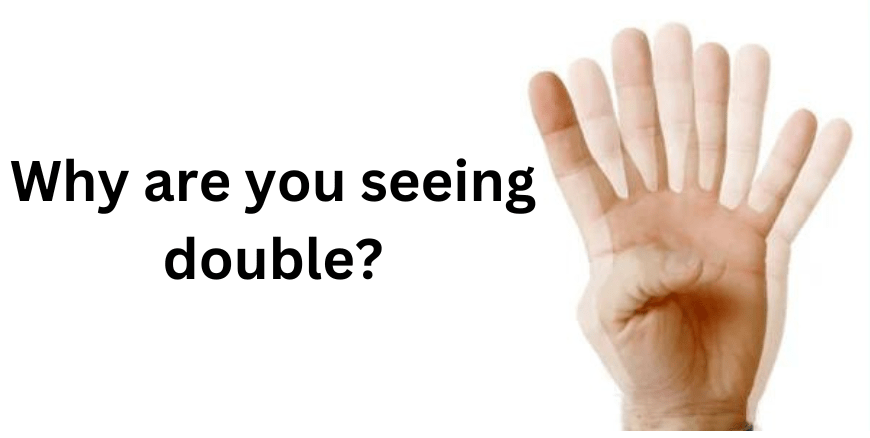Medications play a profound role in managing various health conditions, from chronic illnesses to temporary ailments. However, it’s essential to understand that some medications may have unintended side effects, including impacting your vision or eyesight. If you notice changes in your vision while taking medication, it’s crucial not to ignore them. In this blog, we will explore what to do when medications affect your vision and how to seek appropriate medical attention to safeguard your eye health. Dr Manpreet Sigh of the famed global eye hospital Patiala spoke to us on this topic to give us a medical perspective.
Recognize the Symptoms
The first step in addressing any medication-related vision issues is recognizing the symptoms. Common signs that medications might be affecting your eyesight include:
- Blurred vision: Difficulty seeing clearly, as if looking through a foggy or hazy lens
- Double vision: Seeing two images of a single object can disorient and impair depth perception.
- Dry eyes: A sensation of grittiness, burning, or itching in the eyes due to insufficient tear production.
- Light sensitivity: Increased sensitivity to light, making it uncomfortable to be in brightly lit environments.
- Colour vision changes: Difficulty distinguishing between specific colours or experiencing a shift in colour perception.
Never Ignore Vision ( Eyesight) Changes
If you experience any of the above symptoms while taking medications, it’s crucial not to dismiss them as minor inconveniences. Vision changes can indicate a severe problem that needs immediate attention. Contact your healthcare provider or ophthalmologist as soon as possible to discuss your concerns and undergo a comprehensive eye examination.
Consult Your Healthcare Provider
When you notice vision changes, don’t hesitate to consult your prescribing healthcare provider. Inform them about the symptoms you are experiencing and provide details about the medication you are taking, including the dosage. Sometimes, the solution may be as simple as adjusting the dosage or switching to an alternative medicine that does not affect your vision. Never alter your medication regimen without professional guidance.
Consult an Eye Specialist
While your healthcare provider can address general health concerns, they may refer you to an eye specialist or ophthalmologist for a more thorough evaluation. Eye specialists have specific expertise in diagnosing and treating vision-related issues. They can conduct comprehensive eye exams, assess the impact of medications on your eyes, and recommend appropriate treatments.
Maintain your medication Records.
Maintaining a medication diary can be beneficial when dealing with vision changes caused by medications. In your journal, record the medicines you are taking, their dosages, and any noticeable side effects. This record will help your healthcare provider and eye specialist to identify patterns and potential associations between medication use and vision changes.
Seek Prompt Medical Attention
If you experience sudden and severe vision changes, such as a sudden loss of vision, extreme blurriness, or eye pain, seek immediate medical attention. These symptoms could indicate a serious medical emergency that requires prompt intervention.
Explore Alternative Treatment Options
In some cases, there may be alternative medications or treatment options available that do not affect your vision. Discuss this with your healthcare provider and explore adjusting your treatment plan to preserve your eye health while effectively managing your condition.
Blog Summary
Medications can profoundly impact our overall health and well-being, but they can sometimes lead to unexpected side effects, including changes in vision. If you notice any alterations in your eyesight while taking medication, it’s crucial to take action promptly. Reach out to your healthcare provider and consider visiting an eye specialist to address the issue proactively. By being vigilant and seeking professional guidance, you can safeguard your eye health and ensure that your medication regimen aligns with your visual needs. Remember, your vision is precious, and protecting it should always be a priority.


